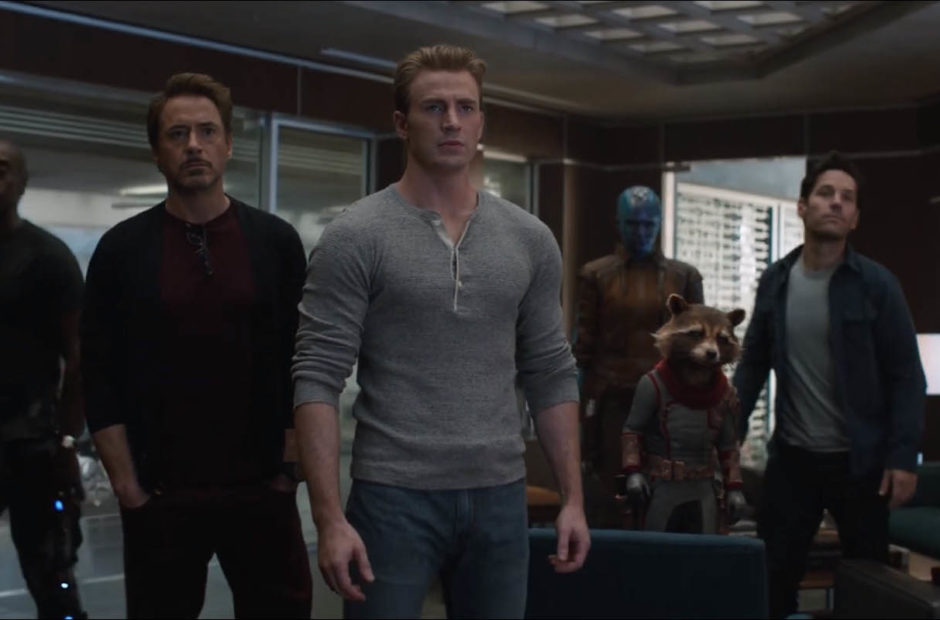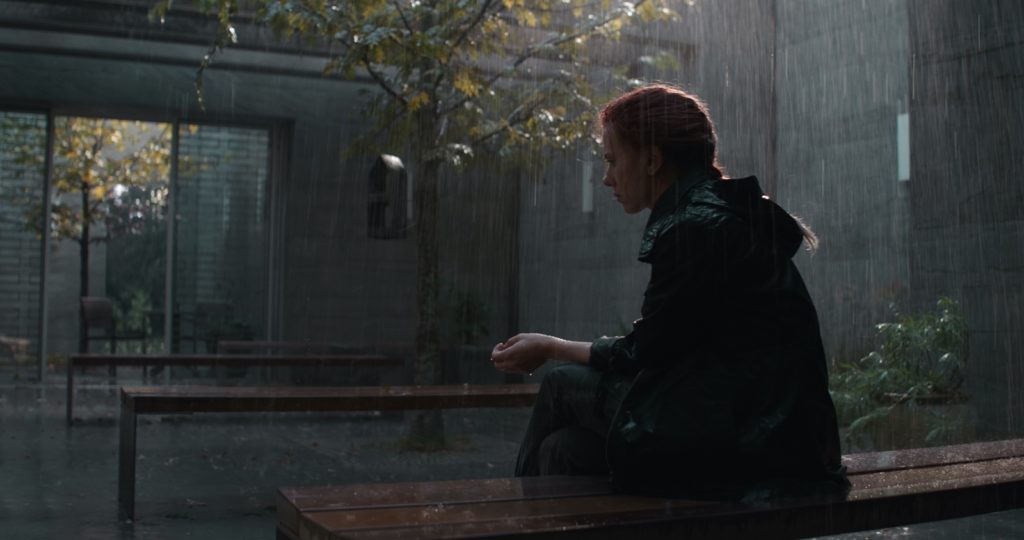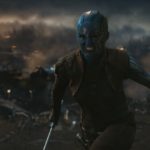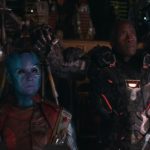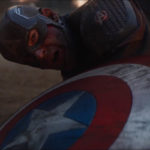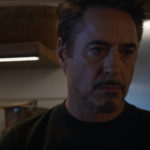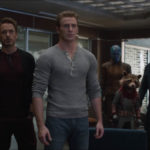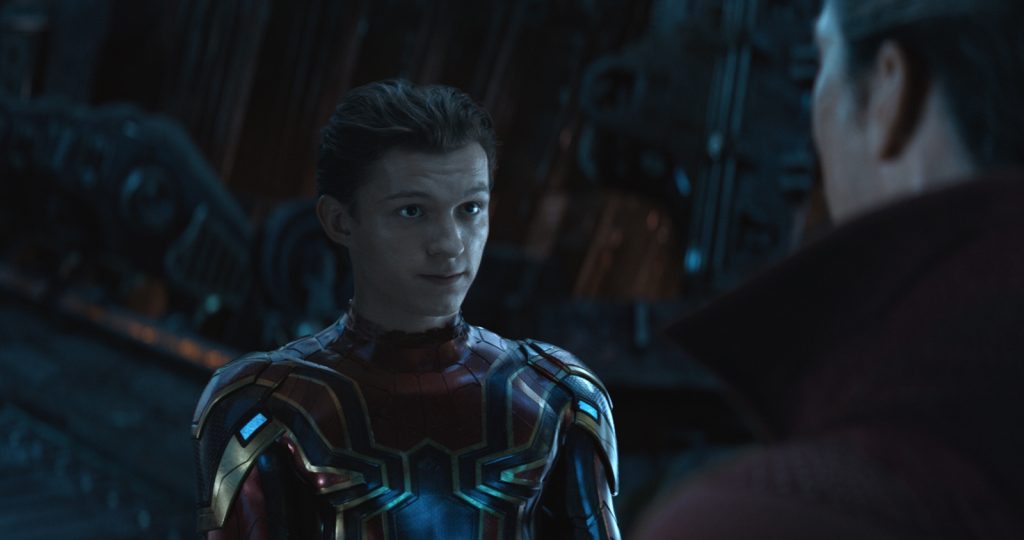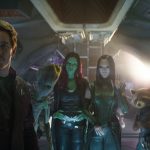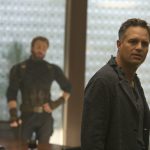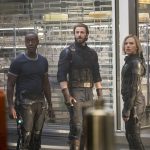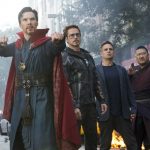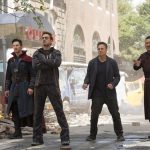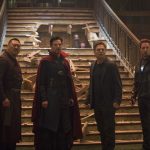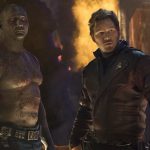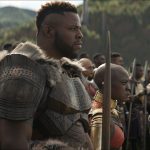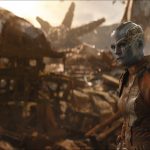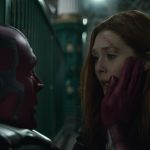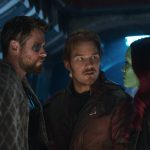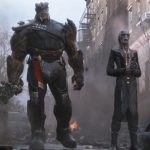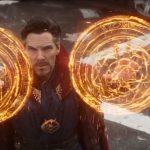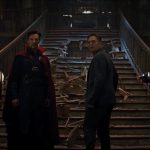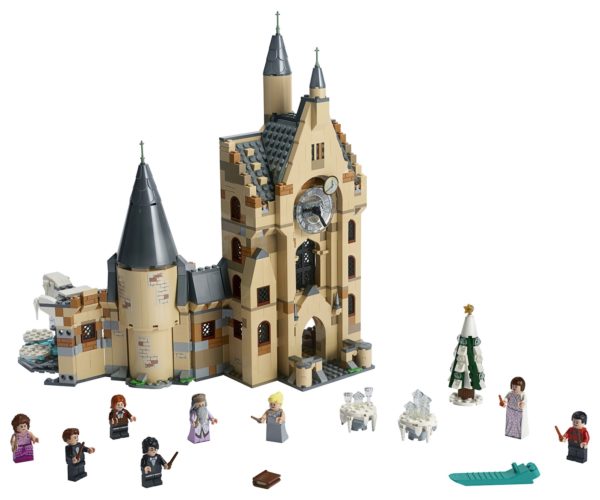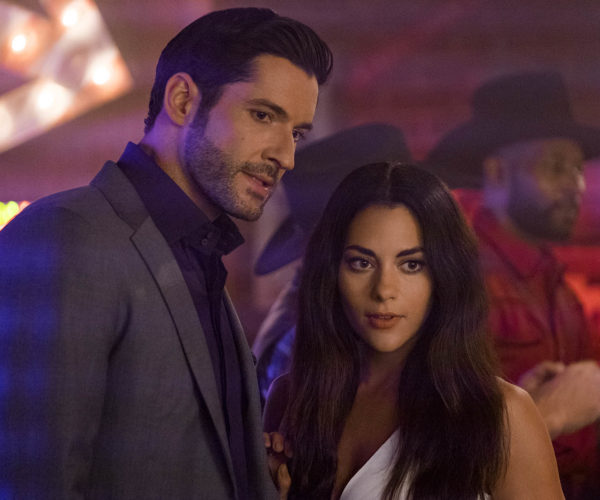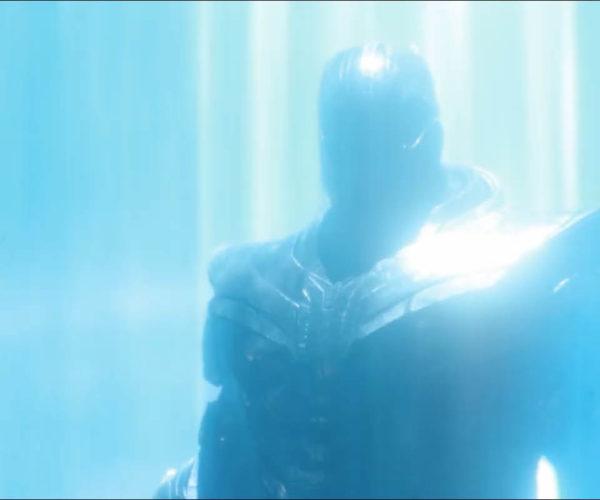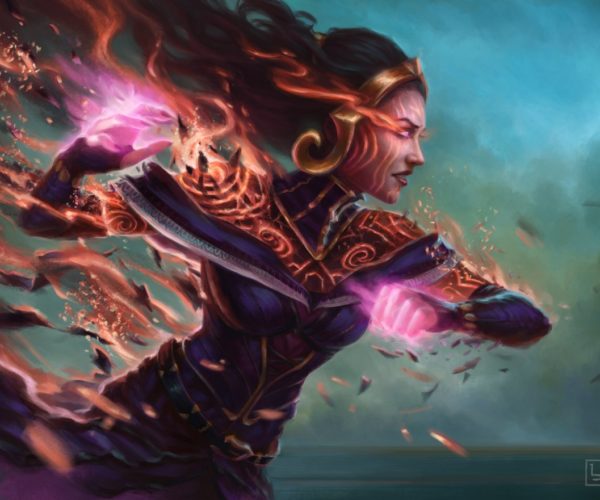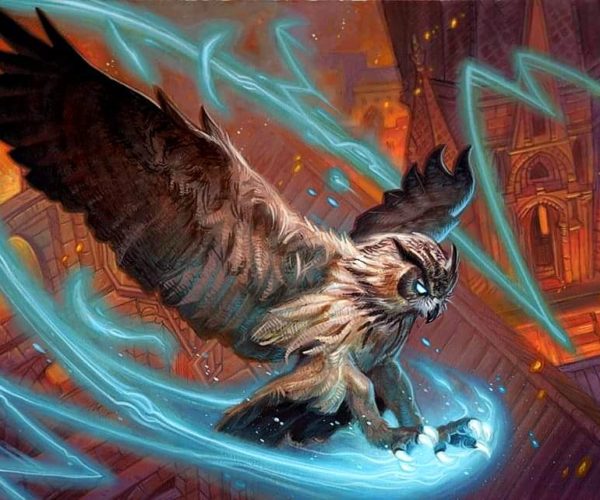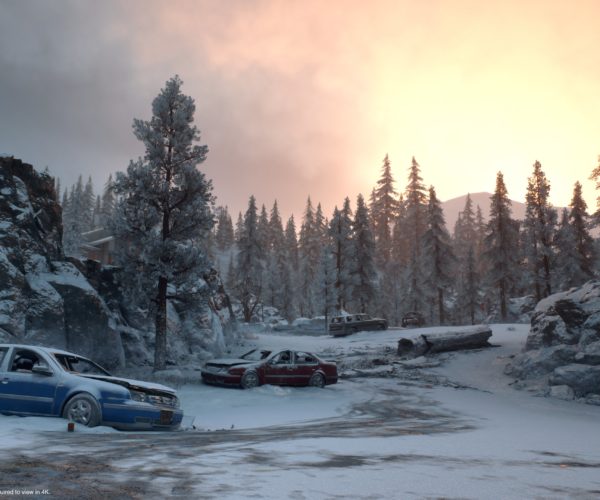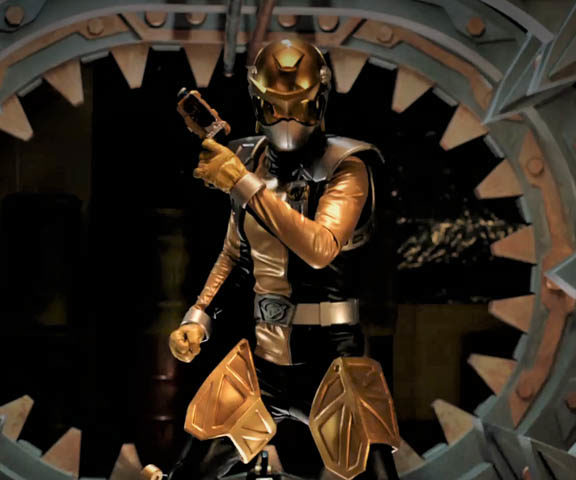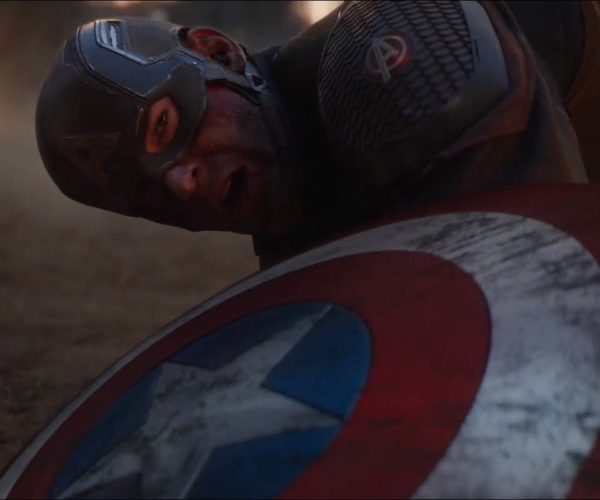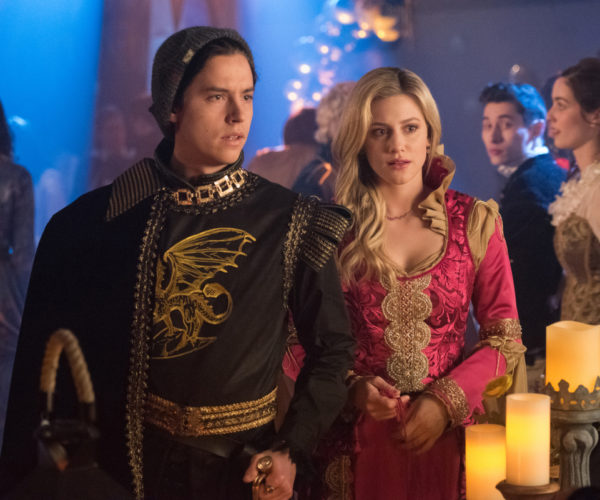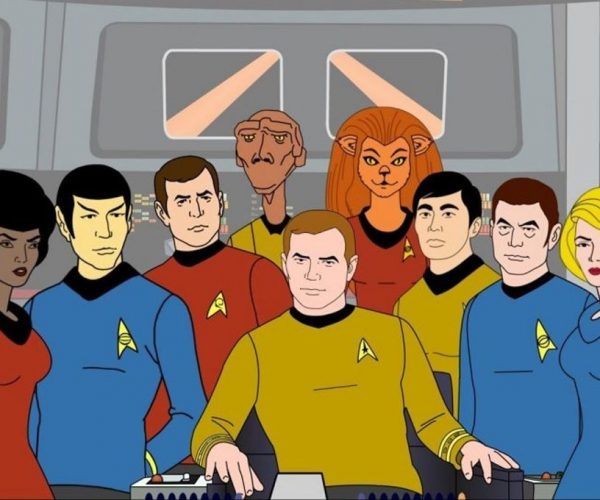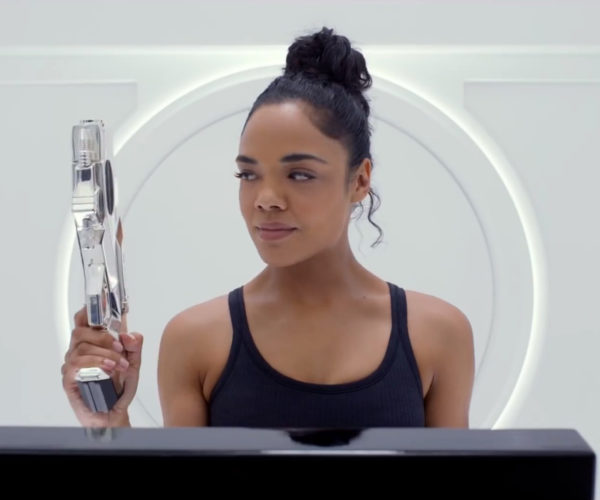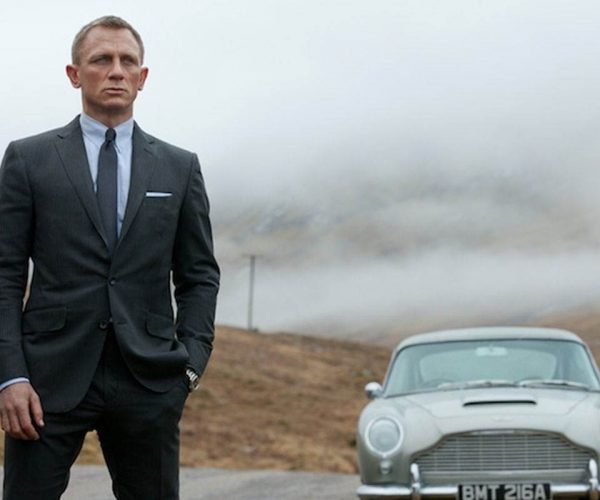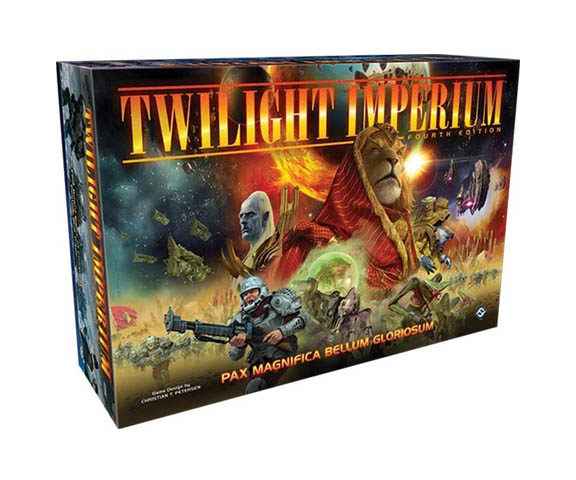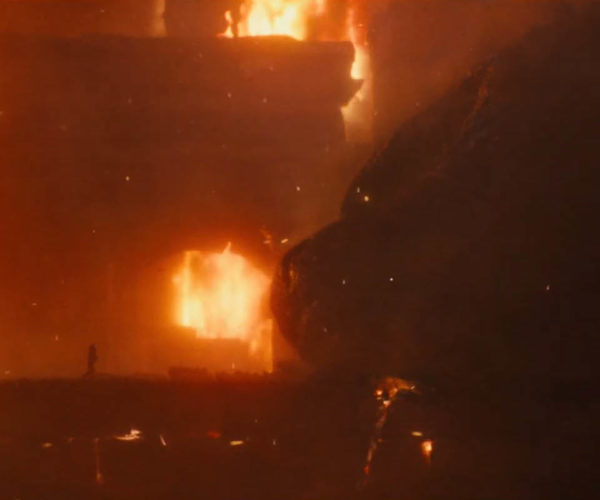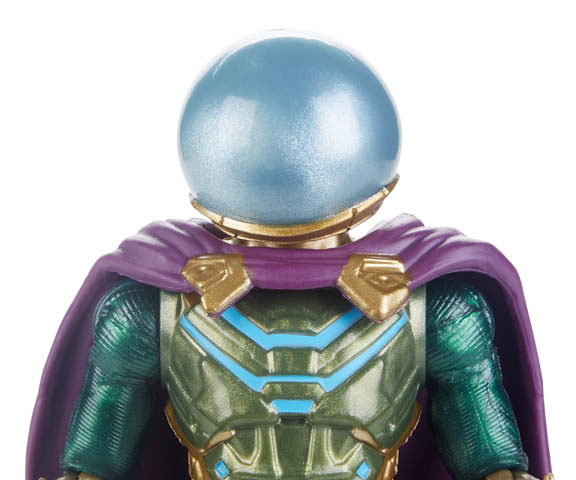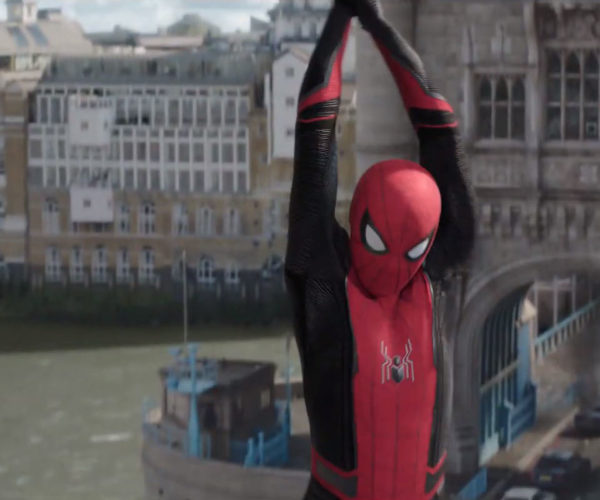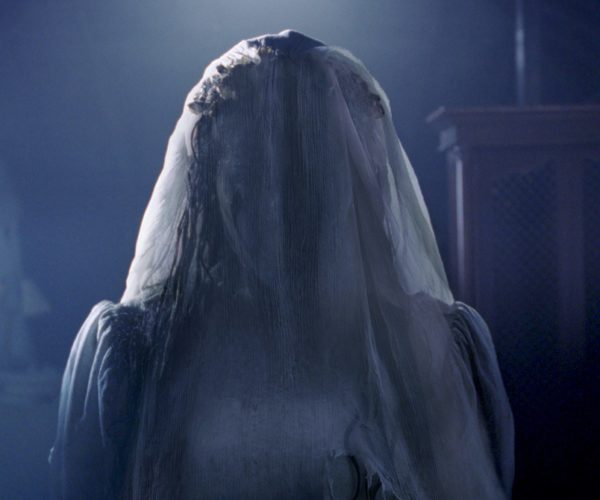How do you review a movie like Avengers: Endgame? Endgame isn’t simply a movie. Not because it’s better, or more important – I don’t want to wander into hyperbole here. But it’s hard to justify putting the movie into the same gallery as other movies. Millions will see Endgame, and the movie will make billions. And of those, the only ones for whom it will be the first Marvel movie are probably doing it as a goof for a viral article titled “Avengers Endgame was my first Marvel movie and here’s what I think happened.”
Most movies we step into the theater for, even those of interconnected universes like Shazam or Wonder Woman, require very little knowledge of those connections. But Endgame is the centerpiece of a complex web that would intimidate a Spider-Man from any corner of the Spider-Verse. Characters from more than 20 movies released across 11 years come together in this movie to sew up a decade of storylines and character relationships. Endgame asks for a lot of commitment from its viewers, and rewards that decade of investment by bringing everyone in the MCU together for a story that not only ties up the core story we’ve been working toward for seven of those ten years, but does it really well – and does it while being a completely unprecedented media creation.
Expect spoilers. Spoilers are inevitable. Let’s start without spoilers – but I’ll label where you should hop off with a big picture of Thanos that you can stop at.
Endgame has three jobs: Make sure Infinity War still matters at the end of Endgame. Give us a satisfying ending to the Avengers’ core team. Give us some indication that the Marvel Cinematic Universe has a future after this.
In all three categories, I’d call Endgame a resounding success. Careful decisions in the first two acts of the movie help ensure that the Snappening will have consequences for years to come and that we see what it’s done to the survivors we care most about. We watch how frustrated Tony is as the vision Wanda showed him in Age of Ultron has come true – the super-genius with the ultimate savior complex couldn’t save anyone, let alone himself. Cap, the ultimate protector, couldn’t protect anyone. His optimism is cracked for what might be the first time ever. Even Thor is beaten down as his encounter with Thanos has left him questioning his very power. We wallow with them in that for a while before things start to look up. And even then, the solution we all know they’re going to find isn’t a perfect fix, and that fix will guarantee consequences for years to come for the MCU itself and the characters within it.
The movie also has to put a satisfying cap on the stories of all the core Avengers – Tony, Cap, and Thor especially, but also Hulk, Black Widow, and Hawkeye, too. We get that, too. We get happy and sad endings where it’s appropriate, and bittersweet ones, too. Other characters don’t have endings, because they have more to do or will work well as supporting cast members in future Marvel projects. But unless I start nitpicking – which I will in the spoilers section – I think that, again the Russo brothers, their writers, and the Marvel Studios team got this much more right than wrong.
And what about the future of the MCU? Endgame is not an advertisement for future movies in the Marvel universe. There’s no post-credits stinger. But we see characters passing torches and finally sitting down and resting. It has the sense of continuity that has made Marvel movies both so enjoyable and so much work over the last decade without feeling like it’s getting me ready for a next thing in particular. It’s not racing toward a finish line because it is the finish line.
Like Infinity War, Endgame is a movie that feels like it’s in danger of bursting at the seams at any moment. Some of the appearances by characters feel more like cameos, while others put a satisfying bow on what happened in Infinity War. The core cast of Endgame is, without a doubt, the central members of the Avengers – along with a lot of Ant-Man. Among the survivors, everyone gets a chance to shine in ways that feel true to their characters.
It’s also a surprisingly funny movie. I expect Marvel movies to be funny, but it’s harder to see that bright spot when you know you’re going into what is essentially a memorial service for Spider-Man and Black Panther. But the Avengers are all about creating hope out of nothing, and in that hope they find space to be funny. Paul Rudd is funny, of course, because he’s Paul Rudd, and it’s harder for him to not be funny. And Chris Hemsworth’s shift with Thor proves to hold as well. He’s now had three movies as this new take on the character and it’s clearer than ever that it was the right move for the Thor we see in the MCU. Some of the best laughs come from Mark Ruffalo as the Hulk, though. After his awesome turn in Thor: Ragnarok and the frustration of Infinity War, we see a more comfortable version of this character that incorporates more of Bruce Banner (and Ruffalo). That also makes for a great use of CGI, as Hulk looks more like Banner than ever while still retaining the essence of his Hulkitude.
What stands out most, though, is how much the MCU movies have made me care about these characters. Marvel movies love to do this thing where the character you’ve been waiting for steps out of the smoke or shadows, and somehow this always works on me. When the Avengers come together to fight, it feels triumphant and exciting. The thing we’ve been waiting for is happening. All our work friends are together and getting down to business and it’s as visually exciting as it is emotionally.
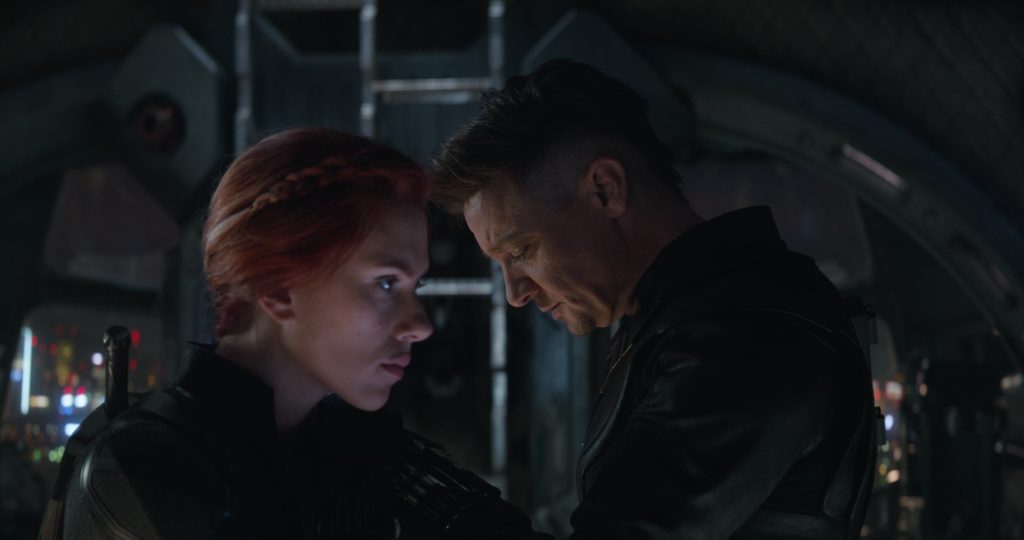
Avengers: Endgame isn’t a perfect movie. I’m not completely satisfied with a few of the endings characters received, and earlier moments feel too slow at a few points, even if it feels appropriate for the tone of the movie.
But it’s hard to feel too disappointed considering what Marvel is attempting with this movie and the run-up to it. To call it ambitious does the MCU a disservice. The MCU started in 2008. Four years later, in 2012, we saw our first hint of Thanos. In 2014, Infinity War was announced officially. Marvel has been pushing toward this goal for the better part of seven years, with 13 movies all tying together and moving us along. Most movie franchises have a tough time making it through a single trilogy while keeping audiences interested and invested. Marvel has four complete movie series and more in progress.
Endgame can’t be reviewed on its own, I think. But if we assume we’re going in with some foreknowledge, I can say happily that most fans are going to walk out satisfied. Endgame brings the Avengers series to a close better than I could’ve ever guessed. Marvel’s plan for its movies is as ambitious as the Avengers’ plan in Endgame – and somehow they both pull it off.
To get into some more of my nitpicks, scroll down past the purple people eater here and let’s keep talking with FULL SPOILERS.
When we left off at the end of Avengers: Infinity War, things were looking bleak. Despite the best efforts of our heroes, things didn’t go well. Thor went for the chest instead of the head. Captain America can only punch so hard. Doctor Strange knew something but couldn’t reveal it to Tony. Thanos snapped, making good on his promise to remove half of life from the universe. We come in a month later to see our heroes trying to come to grips with what has happened, to deal with a world where everyone knew someone who no longer exists. Then, we jump years ahead, to find Black Widow trying to keep the Avengers working – the world has continued to exist and continues to need heroes, especially now that so many of them are gone.
The remaining heroes have mostly given up hope until pure chance yanks Scott Lang – Ant-Man – out of the Quantum Realm with a head full of ideas and that reliable Paul Rudd style of affable enthusiasm that always seems so believable in just about every movie he’s in. From there, a story of time heists, daring plans, triumphant moments and close calls plays out before us.
I said before that the movie had to find a way to make Infinity War still matter while also admitting that, no, Marvel wasn’t going to kill off these characters.
When Thanos snapped at the end of Infinity War, it was devastating. We watched Peter grasp at life and fade before Tony’s eyes. We watched Bucky die before Cap’s eyes. But it’s impossible not to watch something like that without knowledge of the real world creeping in. Marvel isn’t going to dust the most profitable megacast in the history of film. Black Panther is definitely getting a sequel and Spider-Man’s is just a couple months away. So how could Marvel possibly have both? I know at least one friend who swore off Marvel because “there are no consequences.”
By having the characters mourn for five years before finding a way to undo the snap, but not letting them rewind the snap, the consequences of that time remain even if the deaths don’t hold. Our heroes – and 3-plus billion other people on Earth alone – come back to a world that has been missing them for five years. We don’t see much fallout from that here in Endgame because things are moving at a breakneck pace once they start moving, but we know it’s there. Once the climactic battle that ends Marvel’s Phase 3 is over, our heroes will have to go back to their homes, their families, and their loved ones. They’ll have to reclaim thrones, go back to school, get new jobs, and find new places in a world that has been trying to move on.
There could be consequences from that for years to come, affecting multiple Marvel movies and potentially virtually every character on-screen in the next set of films. My initial reaction to the movie was that it was a little toothless because it didn’t kill as many people as I thought it would, but as I work through this in my head and think about half the planet having to deal with half the planet suddenly disappearing and returning, that’s a wild concept.
So, Endgame nails the part it had to nail for Infinity War and Endgame itself to both matter. What about the other stuff?
The other task the writers and directors absolutely had to get right was ending the stories of the main Avengers heroes – the ones whose actors are at the ends of their contracts and set to move on and who we all know are done afterward.
Here, I’m going to call it a mixed success. This is serious spoiler territory, y’all. This is your last chance.
Tony’s ending was, dare I say, perfect. He entire character arc deals with his guilt for his company’s role in manufacturing weapons, and the Iron Man trilogy deals with this on a solo scale before carrying it into Avengers. Tony genuinely thinks he is responsible for and able to save the world, and we see him struggling with it. This complex caused the creation of Ultron, Stark’s greatest failure, and allowed Wanda to show him that vision we talked about earlier. But even through all this, Tony is an egoist. It’s about him saving the world – no one else. Captain America calls him out on that earlier in the Avengers series, saying that he would never sacrifice for the greater good.
And in Tony’s ending, we see a man who worked through his inner demons and committed to being a hero. When given the chance to sacrifice himself, he didn’t make a big speech. Instead, he ended things the same way he started them: “I am Iron Man.”
Thor’s ending felt good, too. He’s a god – he’s not going anywhere. By joining the Guardians of the Galaxy, his story can continue whether it’s purely as a cameo in Guardians of the Galaxy Vol. 3 or, better yet, as a primary cast member. I’m already pre-ordering my tickets for that version of the movie. His conversations with his mother and with Valkyrie essentially unleashed him from the burdensome crown he’d been given and let him just be himself. That let him give Mjolnir to Cap willingly – more on that in a couple paragraphs – and embrace who he wants to be fully.
On the flip side, I was less thrilled with the endings handed to Black Widow and Cap. Black Widow was framed during the first part of Endgame as the person who was holding things together. We knew Cap and Iron Man would be stepping down in some way or another, leaving a leadership void. Black Widow stepped into that spot even before they were gone and it seemed to suit her.
And then, at the cliffs of Vormir, that was taken away from her because they put her against her best friend – a family man. Of course she was going to sacrifice herself to let her best friend be with his family. But it was disappointing to see the Soul Stone capture another of Marvel’s badass women and to put the Black Widow movie firmly in “prequel” space. It didn’t feel like the right move for the character. And this has nothing to do with how much I dislike Jeremy Renner and wanted to see him jump off a cliff, I promise.
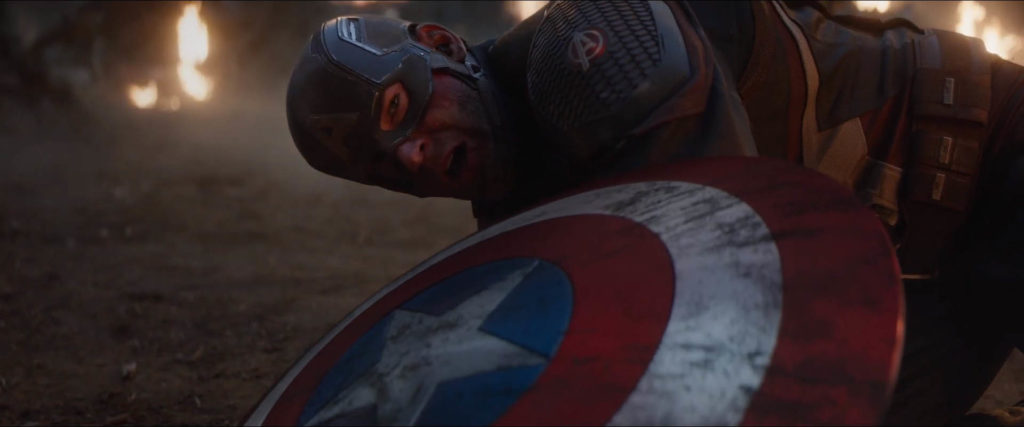
Captain America’s ending is superficially a happy one. First, he proved his ultimate worth by not just hefting Mjolnir, but taming it and using it just as Thor would’ve. After defeating Thanos and helping bring the world back, Cap is sent back in time to put the Infinity Stones back where they were taken from, and that’s where things start to fall apart. For one, we know that the Red Skull was bound to the Soul Stone’s place in eternity. I want to see that scene – of Cap coming face to face with his original arch-nemesis. But then after that, he does what many predicted by heading back in time to live out his life with his true love, Peggy Carter.
There are roundabout ways to justify how this would’ve worked without making Steve Rogers look like a jerk, but they involve a lot of handwaving. Instead, we see a Steve that seems to have bailed on a job he was deeply committed to while breaking some of the rules for time travel the movie set in place. Also, he made out with his niece in some previous movies, and that’s weird. I wish the movie would’ve spent even just 30 seconds more to make that ending work in the confines of the movie so that we wouldn’t have to go to /r/fantheories to make sense of it. But at over 3 hours, I can see how they were eager to cut out anything that wasn’t absolutely crucial, too.
I also wish Captain Marvel’s role had been bigger. It was crucial to be sure, and her true power was put on display as she took down Thanos’ capital ship and laughed at him as he punched her forcefield to absolutely zero effect, but her role was still too small for how much it was hyped up.
Even with these nitpicks, I still enjoyed Endgame. It closes up the Avengers movies appropriately and gives our favorite characters appropriate endings and the new blood a bright – but very complicated – future to contend with. In other words, a perfect setting for the next phase of Marvel.
